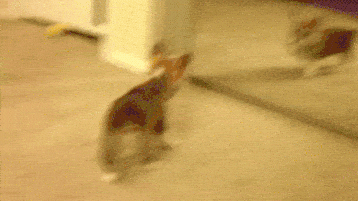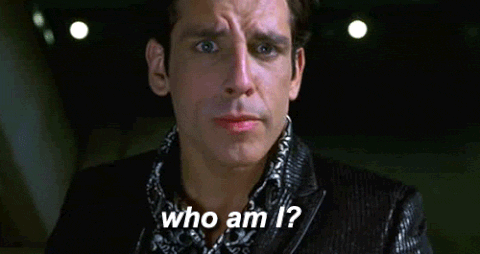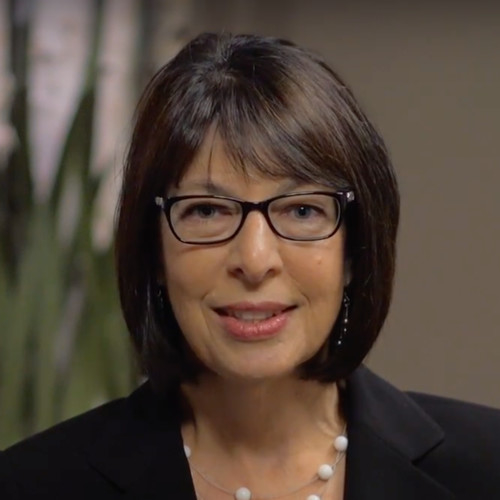How to identify your weaknesses (and turn them into strengths)

It’s that tricky interview question you’re never quite sure how to answer when in an interview for your first graduate job… What are you weaknesses? There’s always that temptation to pick something which isn’t actually a weakness and in fact makes you look good. “Oh, sometimes I think I’m a bit too punctual”.
In actual fact, this isn’t what employers are looking for. Everyone has their weaknesses, even the biggest CEO’s in the world, and acknowledging these weaknesses and rectifying them is the real key to success. If you sit there in your interview and act like you’re perfect, the recruiter will see right through it.
So how do you identify what your weaknesses are? And how do you go about improving them? These steps below should help you spot those flaws and tackle them appropriately.
Think about your career
The first thing to do is to think about what skills you actually need. I mean, I’m rubbish at maths but since my job involves writing all day long, this doesn’t really matter. Similarly, there’s no point in stressing about the fact that your grammar isn’t up to scratch when your job is all numbers and spreadsheets.
So do some research into your career and what skills employers are looking for. We’ve also got loads of advice on this in the DebutLive tab of the app, so take a look. Make a list of the top skills you’ll need and work from there
Then look in the mirror

Once you’ve figured out what kind of skills you need, take to take a good long look at yourself and decide which skills you think you’ve mastered. People often throw buzzwords like communication, team work, leadership and interpersonal skills into a job application, but stop and think about whether you do actually possess these skills.
Think about feedback you’ve received, whether it’s been at school or university, or as part of a team. If people have called you out on something, what was it for? It’s easy to get defensive about this sort of thing and try and blame someone else, but often you can pinpoint some part of your behaviour which is at fault too.
You might also want to try asking someone you trust – it could be a friend, family member or tutor – if they could (constructively) pinpoint some weaknesses for you. An outside opinion always helps.
Some other questions you might want to ask:
- What tasks do you leave until last on your to-do list?
- What drains your energy?
- When do you have to ask for help?
These should all help you to start painting an accurate and honest picture of yourself that you can actively work to improve on.
Hard vs. soft
And no, we’re not talking about Brexit here. All skills can be divided up in to hard and soft skills. A hard skill is a practical skill like playing an instrument or being able to code. A soft skill is more abstract and related to your personality, so things like communication, emotional intelligence and leadership will all fall under the soft skills category.
In essence, most hard skills can be learnt by anyone, although they’ll probably take a fair bit of time and dedication, whereas soft skills are more closely linked to your innate personality, and are harder to develop if you don’t naturally possess that skill. Categorising your weaknesses into hard and soft skills will help you to more effectively figure out a plan of action for improving them.
Take a personality test

The world of personality tests is complicated and tricky to navigate. What’s legit and what isn’t? The Myers-Brigg personality test is one of most well known ones, although it’s validity has been called into question, and The Big Five Personality traits test is now more often referred to. This rates your personality in five key areas: openness, conscientiousness, extroversion, agreeableness and neuroticism; giving you a percentage score in each.
While you should of course take these with a pinch of salt, as a few tick box questions are not an accurate representation of someone’s personality, they’re a good way of making you think about your personality and how you react to certain things.
How to turn weaknesses around
Once you’ve established what your weaknesses are, and which skills are necessary for the industry you want to work in, you need to go about turning these weaknesses into strengths. If you’re lacking in a hard skill – coding, for example – there’s nothing stopping you from learning right away. Soft skills can be trickier though; if you’re an introverted person, you might struggle with public speaking or interpersonal skills. If you’re consciously aware of your weaknesses, you’ve already taken the first major step towards addressing them, but there’s a couple of extra things you can do to ensure your weaknesses don’t hold you back from thriving at work:
- Compensate with organisation. If you’re not good at exerting your opinion in meetings, or presenting your work to the team, prepare as much as you possibly can in advance to make up for it. You need to to work harder to fill in your skills gaps.
- Practice makes perfect. It’s easy to shrink away from the things you don’t feel so confident with, but the more you try it, the better you’ll get. If you’re scared of networking, the only way you’ll get better at it is by putting yourself out there and giving it a go.
- Use the people around you. If you’re able to recognise your weakness, there’s no shame in calling on the people around you to help you out. Look at the people in your team, and if there is someone you think would be better at doing a particular task than you, ask them to give you a hand.
Connect with Debut on Facebook, Twitter, and LinkedIn for more careers insights.
(Feature image: Marvel Studios)


